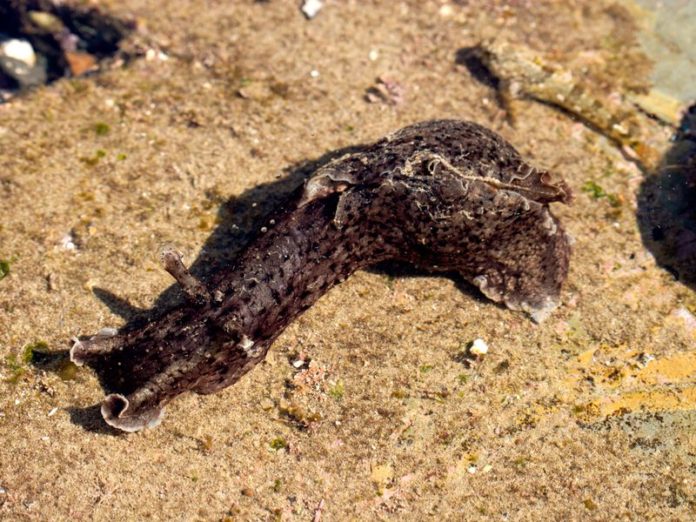Biologists “Memories” Transfer from One Snail to Another
It’s usually accepted that long-term memory (LTM) is encoded as alterations in synaptic strength. An alternate model suggests that changes encode LTM. Non-coding RNAs can mediate epigenetic alterations. Consequently, RNA from a trained creature may be capable of generating learning-like behavioral modification within an untrained creature.
Now, scientists at the UCLA have managed to successfully transfer molecules from brain cells of trained snails into untrained ones, giving the untrained snails the trained snails’ instincts, and seemingly their memories.
RNA typically transmits messages between the genome and the remainder of the cell, but certain kinds of RNA can switch genes on and off, and also may affect long-term memory from snails, rats and mice. Scientists extracted all of the RNA in the trained snails and implanted them in fresh snails. The new snails instantly picked up the customs of their trained snails, like they had the very same memories.
“I think in the not-too-distant future, we could potentially use RNA to ameliorate the effects of Alzheimer’s disease or post-traumatic stress disorder,” said David Glanzman, senior author of the study and a UCLA professor of integrative biology and physiology and of neurobiology.
The researchers
gave moderate electric shocks into the tails of a species of marine snails named Aplysia. The snails obtained five tail shocks, one every 20 minutes, and five 24 hours afterwards. The shocks were found to improve the snail’s defensive withdrawal reflex, a reaction it exhibits for protection against possible injury.When the investigators then tapped the snails they discovered those that had received these shocks demonstrated a defensive contraction which lasted a mean of 50 minutes, a very simple kind of learning called “sensitization.” Those that hadn’t been the shocks contracted only for a moment.
To take care of memory-related disorders in individuals, we have first got to know the way the brain stores memories. The UCLA team indicates their research may one day enable us to, since the analysis says, “change, enhance, or depress memories” This could lead to new methods for individuals with early-stage Alzheimer’s to recover some of the things they misplaced, or novel therapies for Post-Traumatic Stress Disorder (PTSD).






























